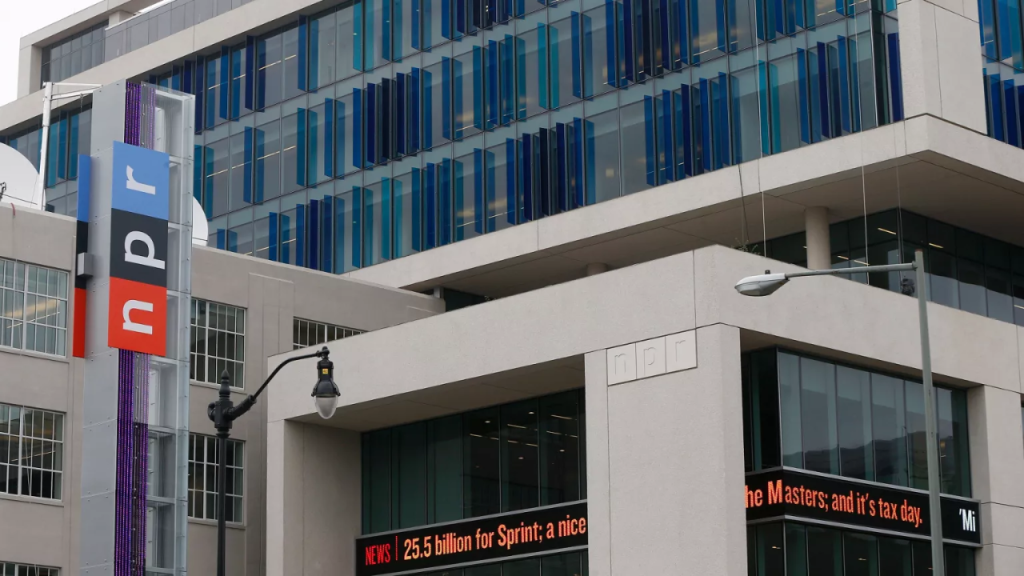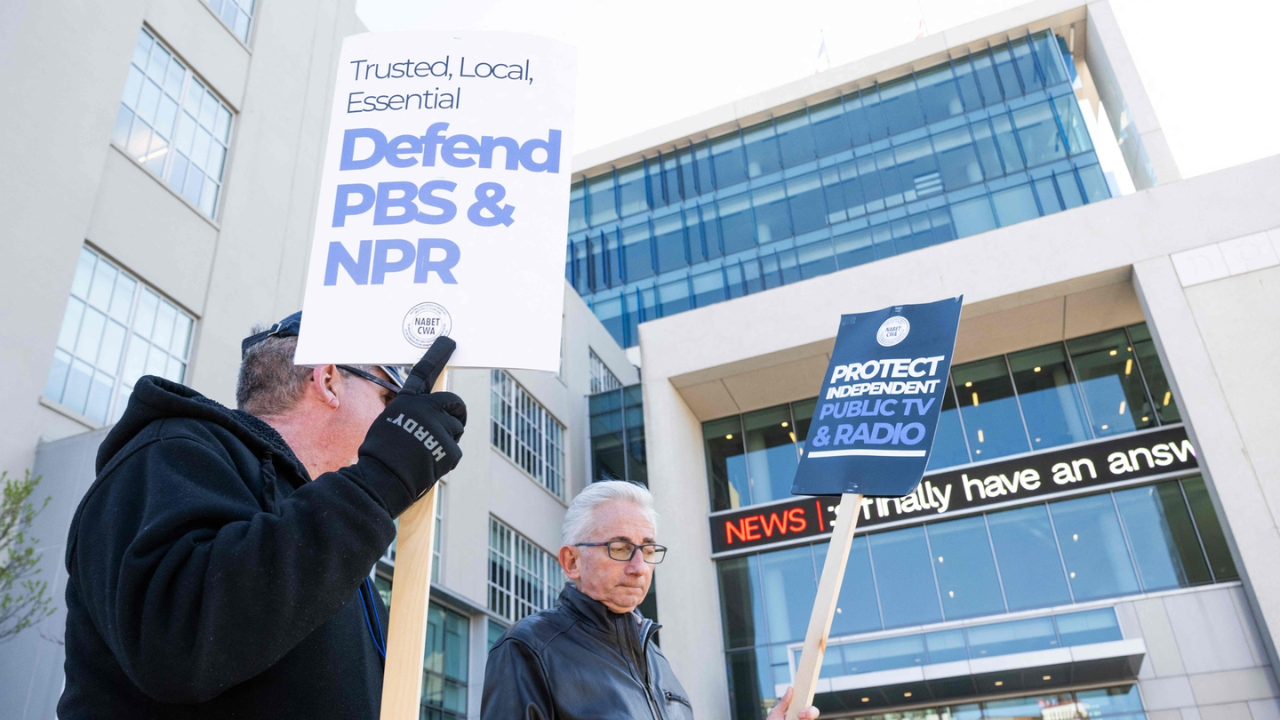National Public Radio (NPR), along with three Colorado-based public radio stations, has filed a federal lawsuit against former President Donald Trump and members of his administration. The lawsuit challenges an executive order issued on May 1, 2025, which orders the Corporation for Public Broadcasting (CPB) and federal agencies to stop all funding to NPR and the Public Broadcasting Service (PBS).
Executive Order Accused of Overstepping Legal Boundaries
The Trump administration justified the executive order by accusing NPR and PBS of delivering “biased and partisan” news coverage. The order aims to cut off millions in federal funding that these public media organizations rely on to operate.
However, NPR and its partners argue that this executive order violates constitutional protections, specifically the First Amendment, which guarantees free speech and a free press. The lawsuit claims the president does not have the authority to override Congress’s funding decisions, which allocate over $500 million annually to CPB for 2025–2027.

NPR Calls Funding Cut “Textbook Retaliation”
Katherine Maher, NPR’s CEO, described the funding cut as “textbook retaliation” intended to punish NPR for its editorial content. This lawsuit is part of a wider conflict between the Trump administration and federally funded media outlets.
Related Legal Battles Over Public Media Oversight
Earlier, the Corporation for Public Broadcasting filed a separate lawsuit to block the Trump administration from removing three of its board members. This legal action highlights ongoing disputes regarding control over public media.
Additionally, employees of the U.S. Agency for Global Media, which oversees government-funded outlets like Voice of America, have sued over funding cuts, reflecting broader concerns about government interference in media.
The Bigger Picture: Executive Power vs. Congressional Authority
This lawsuit raises important questions about the separation of powers in the U.S. government. While Congress holds the power to allocate federal budgets, the executive branch’s attempt to cut funding unilaterally is being challenged as unlawful.
Why Public Media Funding Matters
Public media like NPR and PBS provide non-commercial, educational, and unbiased programming to millions of Americans. Federal funding helps these outlets deliver news and educational content that commercial broadcasters often cannot support.
Background on the Corporation for Public Broadcasting
Congress established the Corporation for Public Broadcasting in 1967 to ensure access to quality, non-commercial programming nationwide. CPB distributes federal funds to public TV and radio stations across the country.
Potential Impact of the Lawsuit
The outcome of this legal challenge could significantly affect public media funding and define limits on executive authority regarding budget control. Media organizations, lawmakers, and advocates for press freedom are closely monitoring the case.


